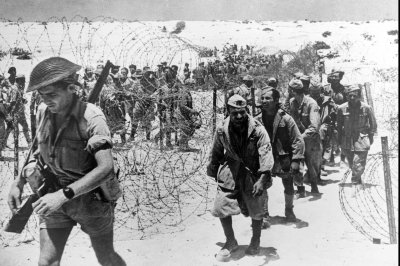Topic: Terence McSwiney
Terence Joseph MacSwiney (pronounced /məkˈswiːni/; Irish: Traolach Mac Suibhne) (28 March 1879 – 25 October 1920) was an Irish playwright, author and politician. He was elected as Sinn Féin Lord Mayor of Cork during the Irish War of Independence in 1920. He was arrested by the British on charges of sedition and imprisoned in Brixton prison in England. His death there in October 1920 after 74 days on hunger strike brought him and the Irish struggle to international attention.
MacSwiney was one of eight children. His father, John MacSwiney, of Cork, had volunteered in 1868 to fight as a papal guard against Garibaldi, had been a schoolteacher in London and later opened a tobacco factory in Cork. Following the failure of this business, he emigrated to Australia in 1885 leaving Terence and the other children in the care of their mother and his eldest daughter. MacSwiney's mother, Mary Wilkinson, was an English Catholic with strong Irish nationalist opinions. He was born in Kilmurray, County Cork and moved to the Cork city as a child. He was educated by the Christian Brothers at the North Monastery school in Cork city, but left at fifteen in order to help support the family. He became an accountancy clerk but continued his studies and matriculated successfully. He continued in full time employment while he studied at the Royal University (now University College Cork), graduating with a degree in Mental and Moral Science in 1907.
In 1901 he helped to found the Celtic Literary Society, and in 1908 he founded the Cork Dramatic Society with Daniel Corkery and wrote a number of plays for them. He was educated as an accountant and also was a playwright, poet, and writer of pamphlets on Irish history. His first play The Last Warriors of Coole was produced in 1910. His fifth play The Revolutionist (1915) took the political stand made by a single man as its theme.
It uses material from the Wikipedia article "Terence McSwiney."






